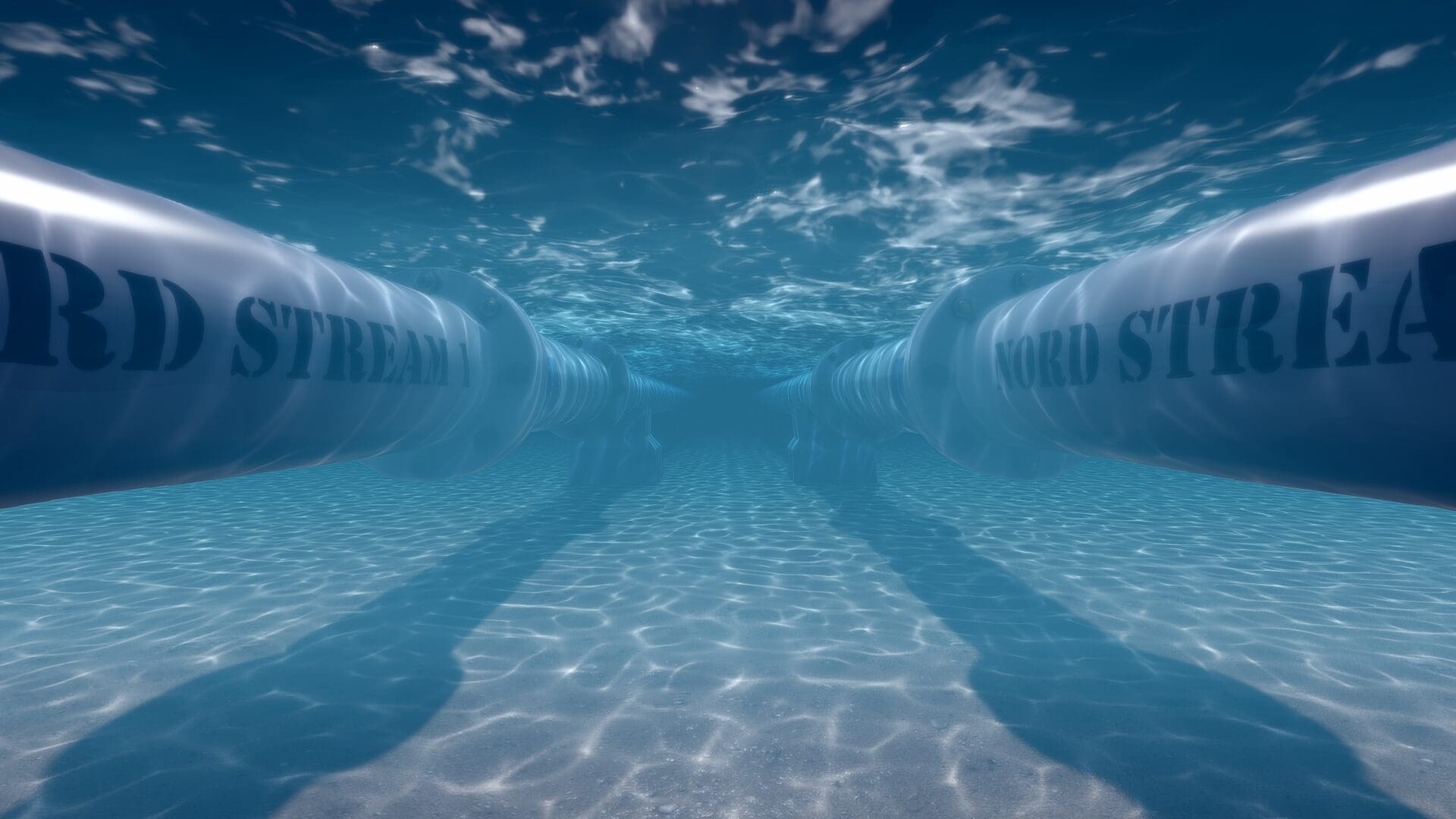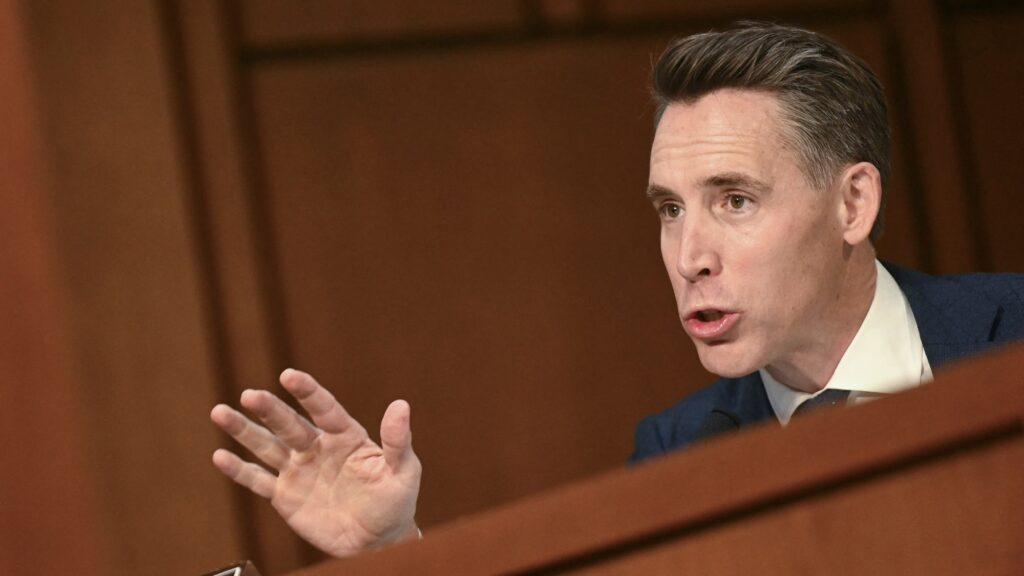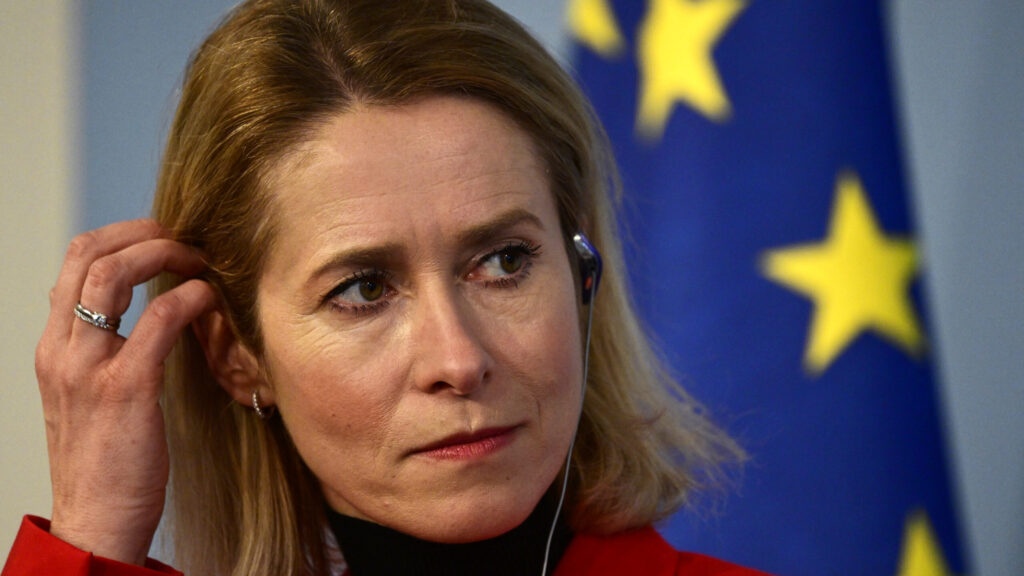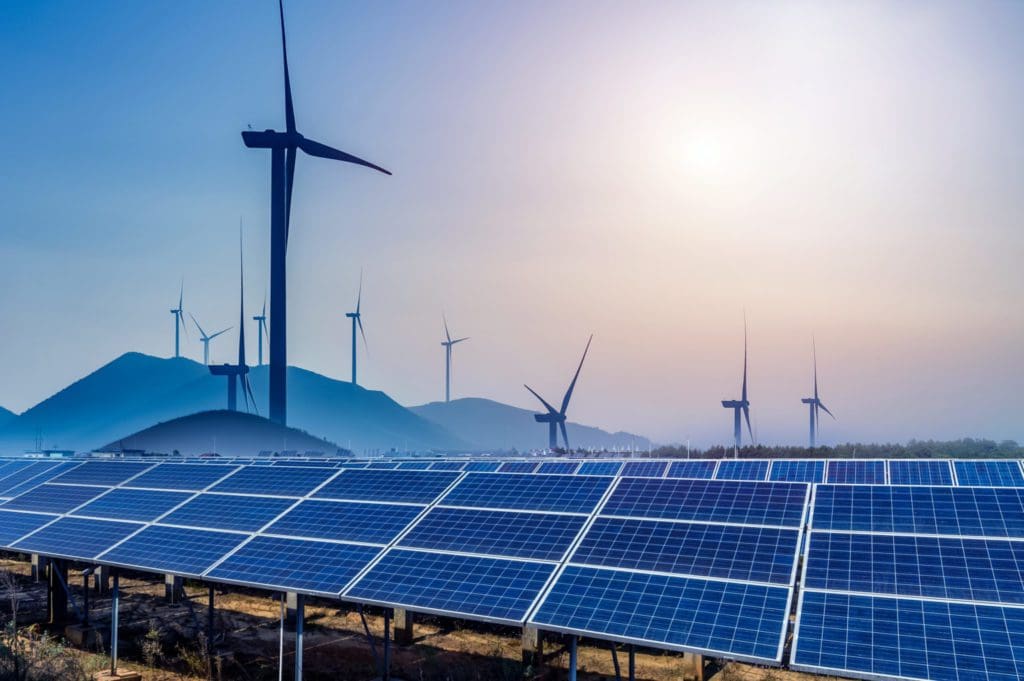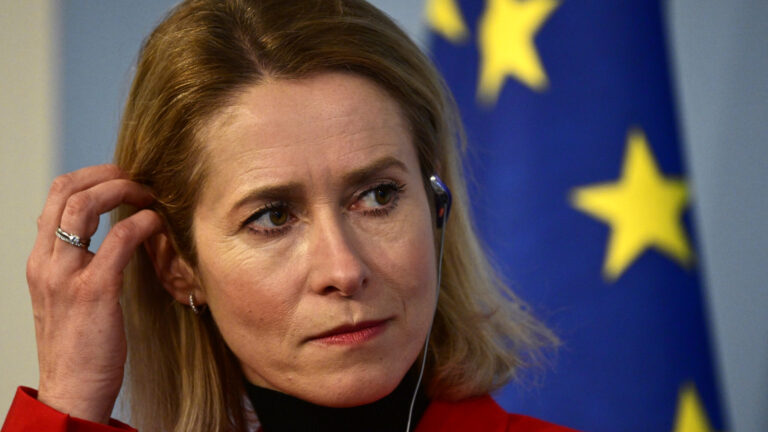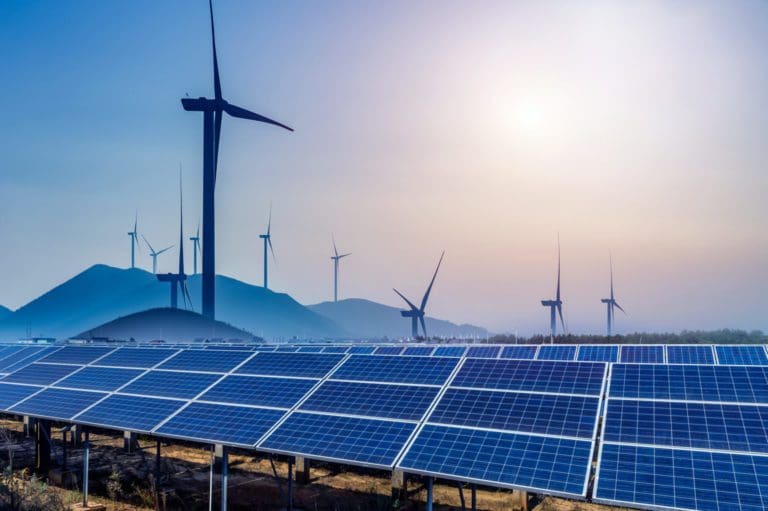Sanctions
The Kremlin’s spokesperson Dmitry Peskov, blamed sanctions ‘imposed against our nation by western countries including Germany and the UK’ in a Monday interview for Russia’s inability to send gas through the Nord Stream 1 pipeline. According to Peskov, ‘other causes that would interfere with pumping don’t exist.’ He stated that whether the West will lift its sanctions against Moscow would ‘undoubtedly’ affect whether Russia would fully resume gas supplies via Nord Stream 1. ‘The western governments’ sanctions have led to the current state of affairs,’ the speaker said.
The EU imposed sanctions against Moscow due to its invasion of Ukraine, but Peskov’s comments on Monday are the clearest evidence yet that Russia plans to push the EU to ease those sanctions in exchange for restarting its gas supply. Using “malfunctions” on a turbine along the pipeline as a justification, the largest Russian energy provider Gazprom declared on Friday night that a halt of gas supplies moving west through the Nord Stream 1 pipeline would be prolonged indefinitely.
Gazprom, which claimed that sanctions against the Russian state energy giant prevented Siemens from performing maintenance on the turbines used in Nord Stream 1, also blamed western sanctions for impeding gas delivery. By accusing Putin of turning Gazprom’s gas exports into weapons, the EU rejected Gazprom’s allegations.
Nord Stream 1
The Nord Stream 1 pipeline with a capacity of 55 billion cubic metres (bcm) of gas per year, is the largest gas pipeline from Russia to Europe. It is believed that maintaining supplies through the pipeline is essential to stop the energy situation from getting worse. The European Union’s support for Ukraine is being put to the test by the current energy crisis, which was brought on by reduced Russian gas supplies.
Analysts think the Kremlin is expecting that record oil costs combined with potential food shortages this winter will force Europe to coerce Ukraine into a ceasefire on Moscow’s terms after failing to accomplish most of its military goals in Ukraine.
Peskov said on Monday that it was evident that life was getting ‘worse for individuals, businessmen, and companies in Europe.’ Russian officials have been eager to draw attention to the growing resentment in the EU over rising prices. Naturally, the common people in these nations will have more inquiries for their leaders, he remarked.
Effects on Hungary
While Hungary is still highly dependent on Russian energy, State Secretary Tamás Menczer stated that gas is steadily arriving to the country, Hungarian people will have enough and will be able to heat their homes this winter. It is also worth mentioning that currently no European country is suffering from actual gas shortages; they are just trying to warn their population that if circumstances do not change they might have to face a really tough winter. Hungarian gas reserves are filled up to about 60 per cent currently; however, Péter Szijjártó has announced it recently that they managed to strike a new deal with Gazprom that will help the country in the long term. The new contract means that Hungary will receive almost 6 million cubic metres of gas daily in September and October.
In conclusion, while the stopping of Nord Stream 1 could be devastating for some countries, Hungary firmly stands its ground amidst the complications caused by the war. With the gas reserves continuously being filled up and a new contract to import gas in place, the population should not worry about not having enough gas for the winter, on the contrary.

